Recent News
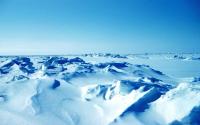
A massive floating nuclear power plant is now making its way toward its final destination at an Arctic port, after Russia's state nuclear corporation Rosatom launched the controversial craft over the weekend. It's the first nuclear power plant of its kind, Russian officials say.
[ More ]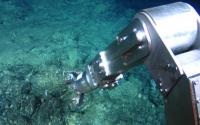
The “new global gold rush” over deep-sea mining holds the same potential pitfalls as previous resource scrambles, with environmental and social impacts ignored and the rights of Indigenous people marginalised, a paper in the Harvard Environmental Law Review has warned.
[ More ]
Our growing demand for resources has prompted companies to turn to mining in the depths of the oceans. With help from robots, a team of German scientists is racing to map the potential environmental damage.
[ More ]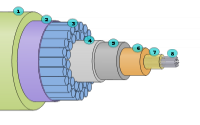
The U.S. and its NATO allies have warned that an uptick in Russian submarine activity near undersea fiber optic cables means Moscow may be plotting to disrupt or intercept sensitive or other critical internet communications in the event of a confrontation with the West.
[ More ]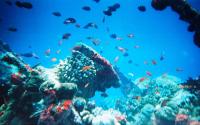
The nations of the world have launched a historic two-year process to create the first-ever international treaty to protect life in the high seas.
[ More ]
New regulations could open the door for sustainable mining, says the head of the International Seabed Authority. However, he and others pointed to environmental, financial, and technical challenges.
[ More ]
The author provides an overview of the existing international laws to protect underseas cables, the "networks of glass and steel that form the literal backbone of our internet."
[ More ]
Climate change could lead to sea level rises that are larger, and happen more rapidly, than previously thought, according to a trio of new studies that reflect mounting concerns about the stability of polar ice.
[ More ]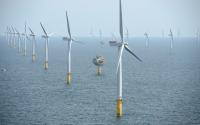
New research published on Monday finds there is so much wind energy potential over oceans that it could theoretically be used to generate “civilization scale power” — assuming, that is, that we are willing to cover enormous stretches of the sea with turbines, and can come up with ways to install and maintain them in often extreme ocean environments.
[ More ]
Top US and Chinese military commanders have signed a deal to improve communications between the two forces amid ongoing disputes in the South and East China seas.
[ More ]